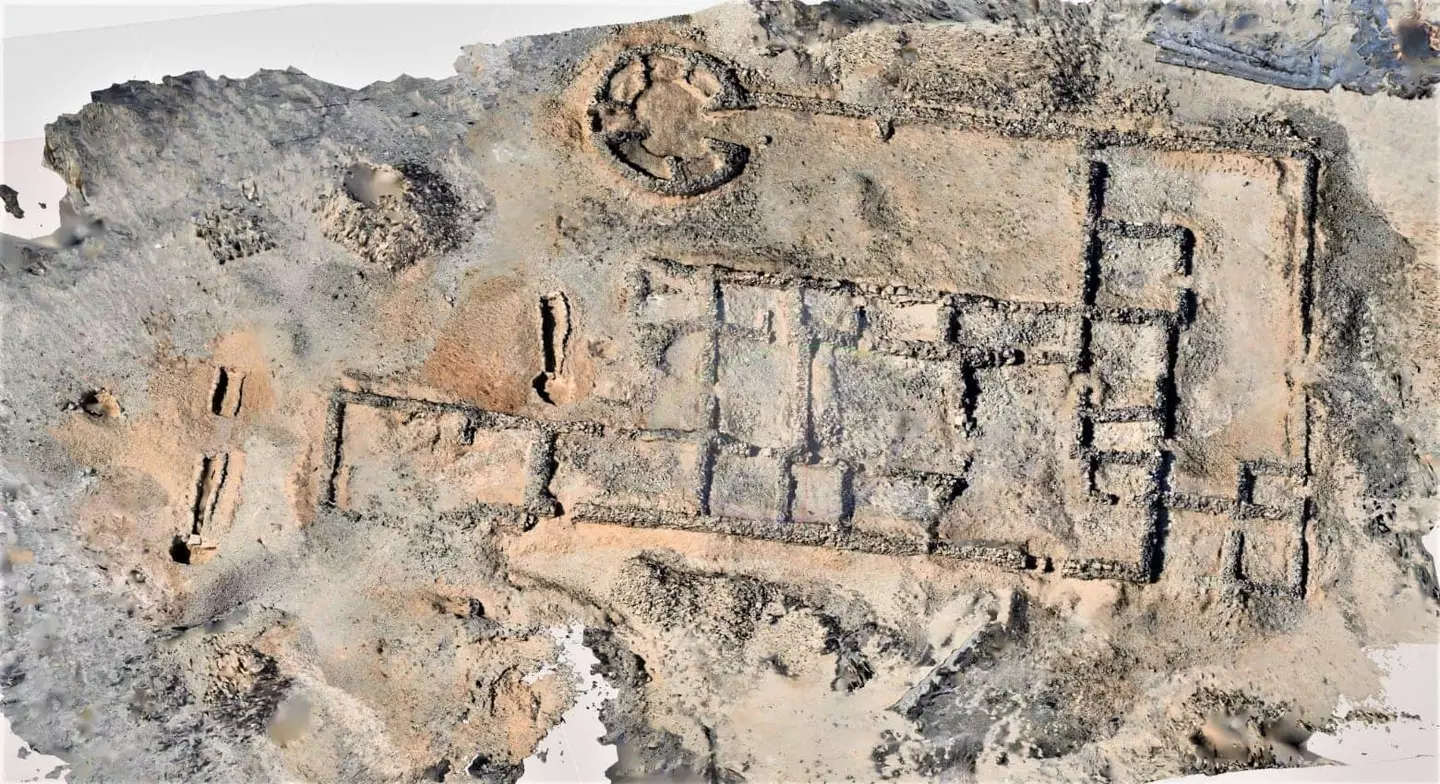A Remarkable Discovery Near Luxor
After lying buried beneath the sands for 3,000 years, the long-lost ‘City of Gold’ has been fully excavated near Luxor, Egypt. This extraordinary archaeological find, first uncovered in 2020, has been hailed as one of the most significant discoveries since the tomb of Tutankhamun.
Egyptologist Zahi Hawass officially announced the groundbreaking discovery in April 2021, revealing that it is the largest ancient city ever unearthed in Egypt. Known as Aten, the city dates back to the reign of Pharaoh Amenhotep III (1391–1353 BC), one of the most influential rulers in Egypt’s history.
A Find of Monumental Importance
Betsy Brian, professor of Egyptology at Johns Hopkins University, emphasized the significance of the discovery, calling it the second most important archaeological find after Tutankhamun’s tomb.
Dr. Zahi Hawass shared the team’s excitement, stating, "Within weeks of excavation, formations of mud bricks began to emerge in every direction. What we uncovered was a vast, well-preserved city with nearly intact walls and rooms filled with everyday tools, providing invaluable insights into ancient Egyptian life."
Excavation Uncovers Ancient Structures and Artifacts
The recent completion of excavations has revealed an extensive cityscape, including buildings, religious temples, and bathhouses. Among the numerous artifacts discovered, a collection of pottery and inscribed stone with Greek scripts has particularly intrigued researchers. These findings suggest that the city was a multicultural hub, reflecting the diverse backgrounds of its later inhabitants.
Preserving the Legacy of the City of Gold
Egypt’s Ministry of Tourism and Antiquities announced the successful completion of the 'Reviving the Ancient City of Gold' project at Jabal Sukari, southwest of Marsa Alam in the Red Sea Governorate. The initiative, conducted in collaboration with the Sukari Mine administration, adhered to all necessary legal and administrative protocols.
"Extensive archaeological excavations, documentation, and restoration efforts were carried out to preserve the architectural elements discovered at the site. These structures were then relocated to a secure area three kilometers north of the original site, beyond the active modern mining zone," the ministry stated.
An aerial shot of the site (Ministry of Tourism and Antiquities)
A New Destination for Researchers and the Public
With the excavation complete and preservation efforts in place, the site is now open to both researchers and the general public. This incredible discovery offers a unique opportunity to explore an ancient city that once thrived under one of Egypt’s most powerful rulers, shedding new light on the civilization’s rich history and cultural diversity.
Scientists have unearthed the 'lost city of gold' (Ministry of Tourism and Antiquities)
The unearthing of the ‘Lost City of Gold’ stands as a testament to the enduring mysteries of ancient Egypt and the ongoing efforts to uncover its past.











